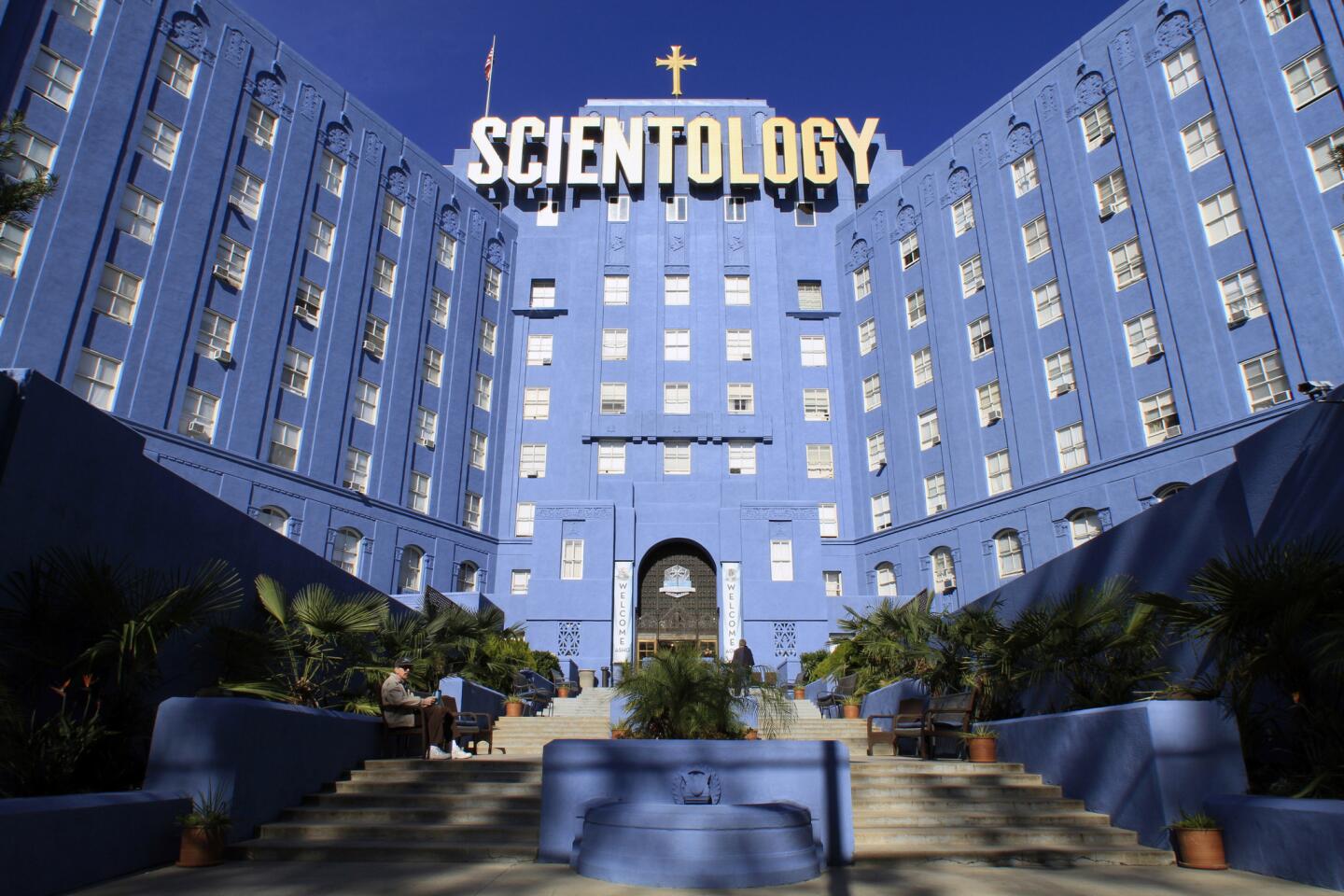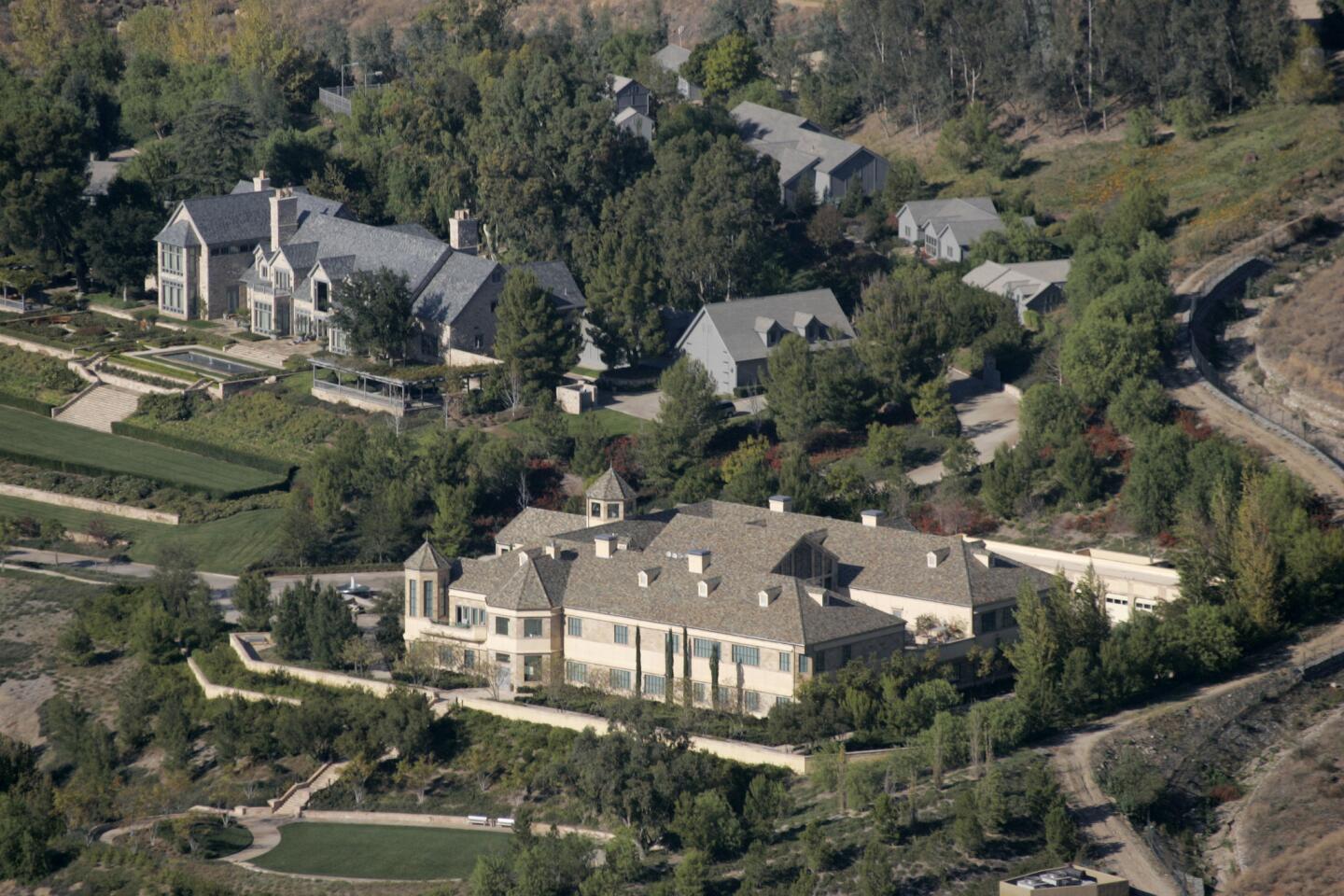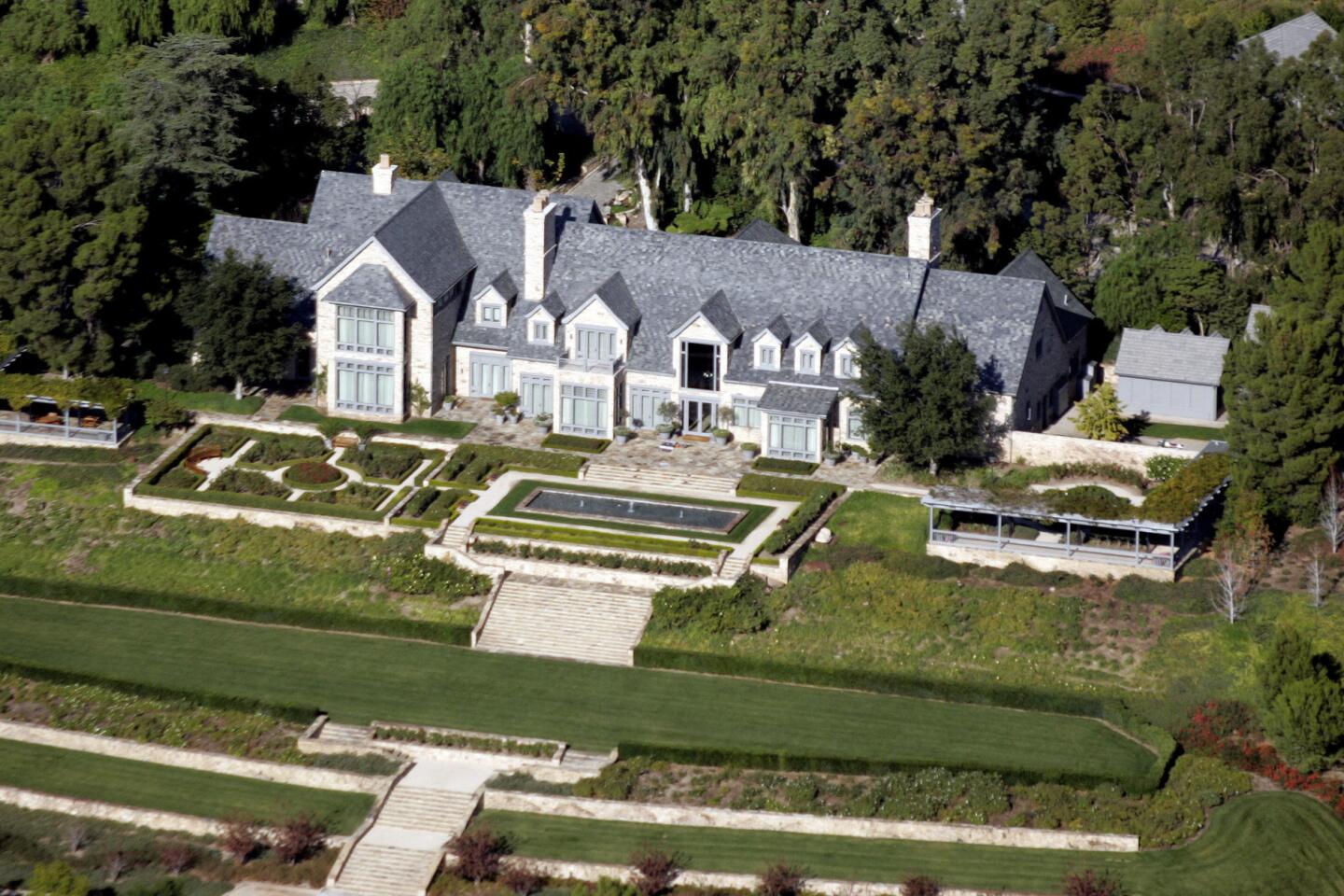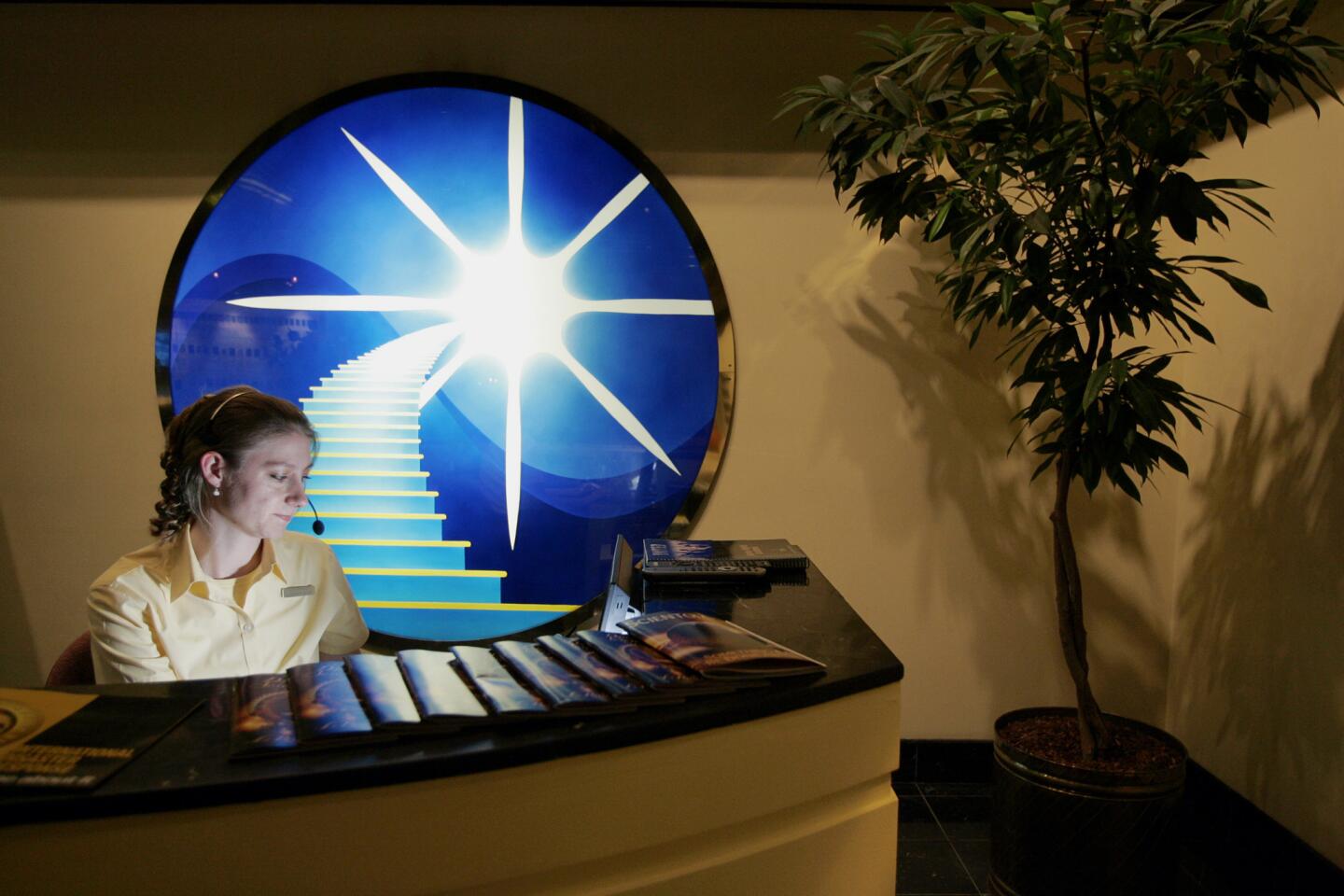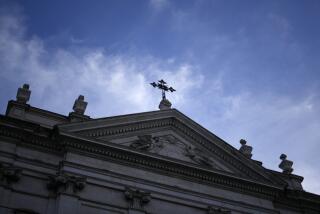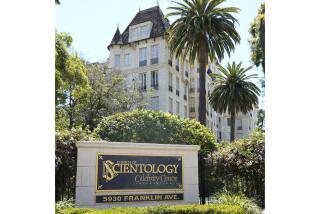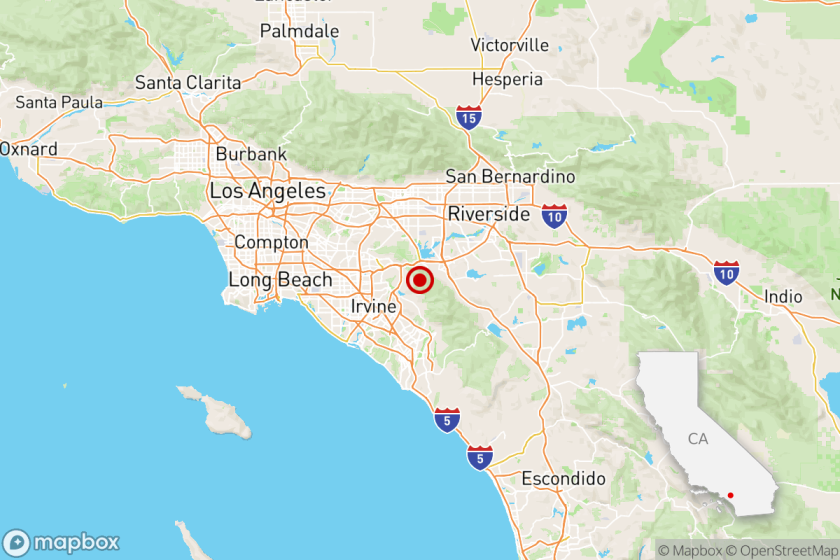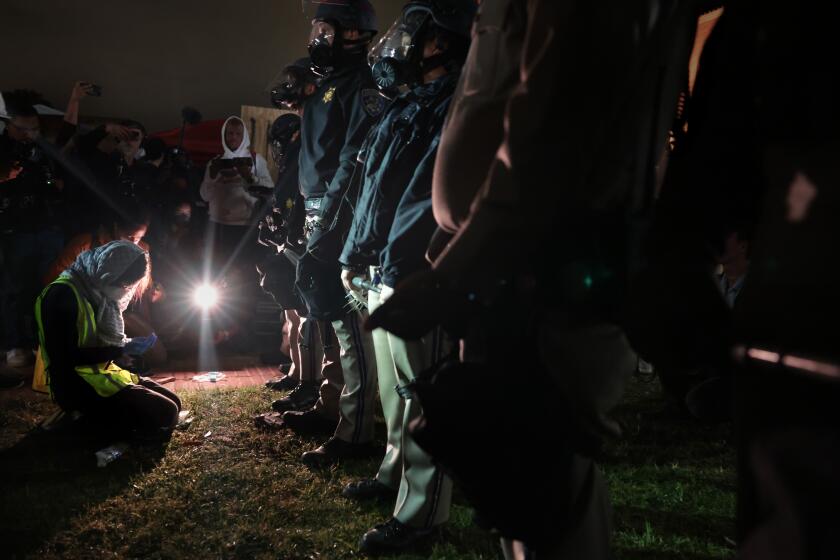Courting the Power Brokers
To create a favorable environment for Scientology’s expansion, church executives are working to win allies among society’s power brokers and opinion leaders.
It is a theme expounded in church publications.
“We need to be able to approach the right people in order to get things done,” wrote Heber Jentzsch, president of the Church of Scientology International, in the newspaper Scientology Today. “We need to to find out how to reach key people in the media, in government, in the control points of society, the people who run things.”
Underscoring the campaign’s breadth and determination, a pull-out questionnaire entitled “Communication Lines to the World” was inserted in the newspaper. It asked Scientologists to list their connections to people in six areas:
POLITICS: “This would be political figures on a local, state or national level, such as local city officials, mayors, governors, senators, congressmen, and members of parliaments. It would also include government agency officials and civil servants.”
MEDIA: “This would be any media terminals that you know, such as owners or proprietors of magazines, newswire services, newspapers or publishing houses, TV and radio networks or stations and publishers and editors of any type of news media.”
LEGAL: “This would be any judges, law enforcement officials, lawyers, barristers and so on.”
FINANCIAL / CORPORATE: “This would be any members of the board or presidents, vice presidents or other senior officials/executives with banks or other financial institutions (such as savings and loan companies, credit unions, etc.) financiers (this could be government or private industry) stockbrokers, financial advisers and commodities brokers.”
ENTERTAINMENT / CELEBRITIES: “This would be any producers or directors in the stage, motion pictures or television; actors, artists, writers and any opinion leaders in these areas.”
OPINION LEADERS: “This would be anyone who is respected by or who influences the opinion of individuals in the above categories.”
While developing support in the secular community, Scientology has also been working hard to gain support from mainstream religious figures.
Spearheading this effort is the Religious Freedom Crusade, a Scientology group that has attracted officials of various faiths. The crusade’s rallying cry is that court actions brought against the Church of Scientology by disaffected members or government agencies pose a constitutional danger to all religions.
In 1988, Scientologists mustered a multidenominational coalition to push a bill through the California Legislature requiring judicial approval before religious groups or nonprofit organizations can be sued for punitive damages.
The Church of Scientology had a special interest in the legislation: It has been ordered at least twice to pay huge punitive awards to ex-Scientologists, although one award was reduced on appeal and the other was set aside.
Scientologists not sure how to recruit religious allies got some tips in a document provided to The Times by an ex-member, who said it was distributed at a Scientology meeting in the mid-1980s.
The document suggested that Scientologists, after selecting an appropriate church, should attend Sunday services and praise the minister: “ ‘Your sermon was brilliant! Would you be willing to speak at our church?’ (He’ll have a hard time refusing that one!).”
It advised them to establish good communication with the minister’s wife because “she can be an ally or an enemy and you want her support if possible.”
After the service, “make friends with other congregation members,” the document added. “. . . Circulate, but be sure to spend a few minutes with the minister and to meet his wife and family. . . . If you haven’t gotten the minister’s phone number earlier, get it before you go.”
Finally, the document urged, get the ministers to write a notarized affidavit or letter stating that “Scientology is a bona fide religion.”
More to Read
Start your day right
Sign up for Essential California for news, features and recommendations from the L.A. Times and beyond in your inbox six days a week.
You may occasionally receive promotional content from the Los Angeles Times.
